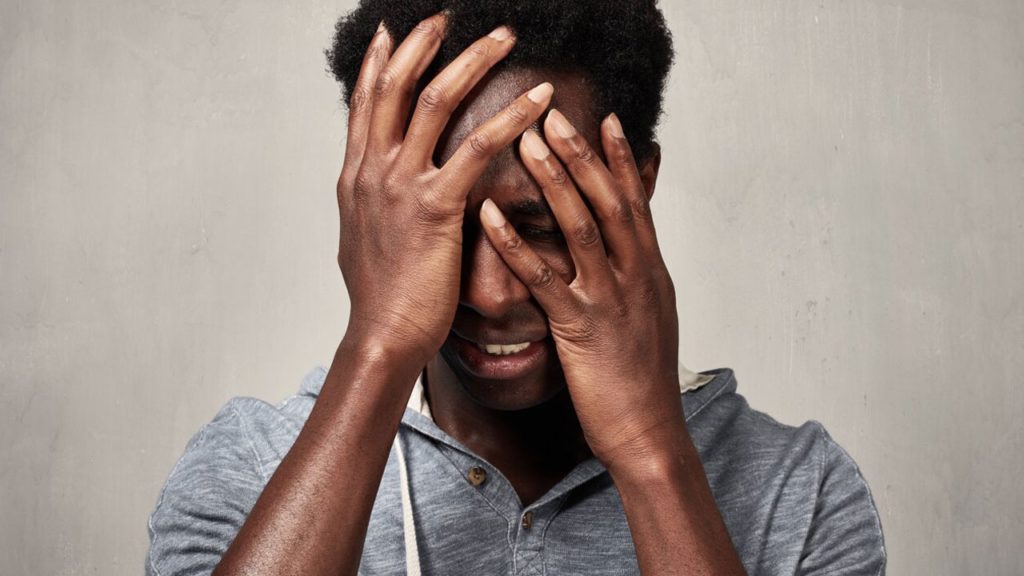From battling with traffic to hustling for fuel in long queues, Nigeria is definitely not for the faint-hearted. This is why the government needs to take our mental health seriously.

If you’ve ever wondered how seriously the government is taking the issue of our mental health, here’s what we know.
Nigeria’s current mental health law is six decades old
Nigeria enacted its first mental health legislation, the Lunacy Ordinance, in 1916. The law was then revised in 1958 to include the imprisonment of mentally ill people. However, it’s sad to see that after six decades, nothing has changed about how Nigeria engages with mental health issues.
There have been many failed attempts
The National Assembly introduced a Mental Health Bill in 2003 but dropped it after six years of no progress. A new bill was introduced in 2013 as part of the National Policy for Mental Health Services Delivery. The aim was to establish the foundations for delivering care to people with mental, neurological, and substance addiction difficulties. Again, this bill failed to pass.

The latest mental health bill was introduced in the National Assembly in 2021 and has been passed. But President Buhari needs to sign it before it becomes law. We can only hope that this doesn’t end up in the dustbin as well.

Nigeria desperately needs this new law to pass
Mental health care in Nigeria is a catastrophe. Approximately 80% of Nigerians with mental health needs cannot access care due to factors like lack of funds, facilities, personnel, and even cultural and religious superstitions about mental health. The common solutions for mental illnesses are almost always spiritual remedies.

Just like everything in Nigeria that has nothing to do with the enjoyment of politicians, mental health care is also highly underfunded. The mental health budget is roughly 3.3% to 4% of GDP, with over 90% going to a few neuropsychiatric hospitals. It also doesn’t help that the primary funding for these hospitals are from the government’s health budget.
Mental health patients are also not spared. A 2019 report by Human Rights Watch (HRW) noted that thousands of mental health patients face prolonged detention, physical and sexual violence, or forced treatment, including electroshock therapy.

If there was ever a time to update Nigeria’s mental health policies to reflect that we’re in the 21st century, it’s now.




